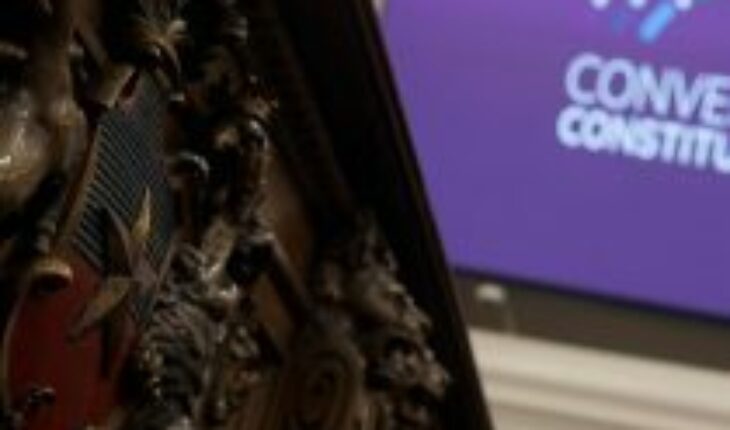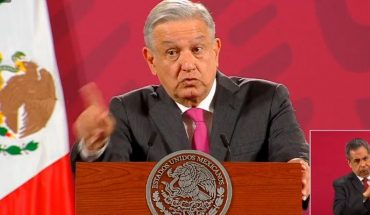The Committee on Fundamental Rights has again discussed this week the amendments to various proposals that were rejected by the Plenary two weeks ago and one of them is the article linked to freedom of expression. To which today a new indication is integrated, since after being reviewed, it was identified that the role of the State was not incorporated into the prohibition of “propaganda in favor of war, xenophobic discourse or advocacy of racial hatred” and included the prohibition of denialism or justification of serious violations; which is why it was not dismissed by the organ and obtained criticism in several sectors.
In the previous processing of this issue, the proposal established that “everyone has the right to the freedom to express an opinion and to inform in any way and by any means, as well as to have truthful, plural and impartial information, and to found media. This right shall not be subject to prior censorship but only to subsequent responsibilities determined by law.”
The conflicting party enshrined that “propaganda in favor of war shall be prohibited; xenophobic speech or advocacy of racial, religious, sexual, gender or any other hatred that constitutes incitement to violence, discrimination or hostility, which shall be regulated by law”.
The text stated that it was the media that “have the social responsibility to contribute and ensure the plurality of opinions and information. To this end, the State must adopt measures that contribute to and ensure the plurality of voices and opinions, without being able to intervene in these media.”
Along these lines, too, it was “prohibited by law the denial or justification of serious, massive and systematic violations of human rights.”
And finally, he considered that “the State, together with indigenous peoples and nations through its institutions, will ensure and promote the presence of indigenous cultural diversity in the public and private media, in their respective languages. It will also take effective measures to ensure the establishment of its own indigenous media.” This part of the article was deleted.
Returned from the review, this morning the commission agreed that the article could be as follows: “Every person, natural or legal, has the right to freedom of expression and opinion, in any form and by any means. This right includes the freedom to seek, receive and impart information and ideas of all kinds.” Given this, “there will be no prior censorship but only the subsequent responsibilities determined by law. The law shall take the necessary measures to ensure pluralism in the media.”
Finally, “the State shall take all measures aimed at eliminating xenophobic discourse; advocacy of racial, religious, sexual or gender hatred. The law may establish the responsibilities for violations of this article.”
The modification would then cease to stick to only freedom of opinion and information, to encompass it as a term in which a right can be identified that includes expressions such as art and any expressive content, and that like other fundamental rights, the State must guarantee it categorically and mandatorily.
In the same way, the prohibition of denialism or justification of serious violations was eliminated, which as Tomás Vial explained in DiarioConstitucional.cl, is that although the norm in this aspect “has a legitimate basis and is a matter of great relevance, because the denial or, worse, the justification of human rights violations, they are expressions that contribute to these being carried out and, in addition, aggravate the victims of them”.
“Both expressions must (it is a duty of the State and society) be strongly refuted through criticism and education, among other measures. But, as is often the case with the protection of constitutional assets and rights, not every measure of protection of those is suitable or proportional, even if it has a legitimate purpose, “said the constituent.
“The wording has the inevitable effect of restricting the (necessary) debate about whether there were or are violations and the quality of them, a debate that is essential for us as a society to learn about them, avoid them and repair them. Allow isand debate in a free way, even if that implies paying the cost of not legally sanctioning those who deny and justify them, is something that the guarantee of freedom of expression must cover, and, for that reason, this prohibition should not have a place in the future constitutional text,” he argued.
It should be remembered that integrated the new indications in the article, now must wait for the Plenary to make its vote next week, where it will be determined if it will be part of the Constitution with the approval of two-thirds in the body.
Committee on Fundamental Rights removed the “denial or justification of serious violations” from the prohibitions established by the proposal “freedom of expression”
March 23, 2022 |





